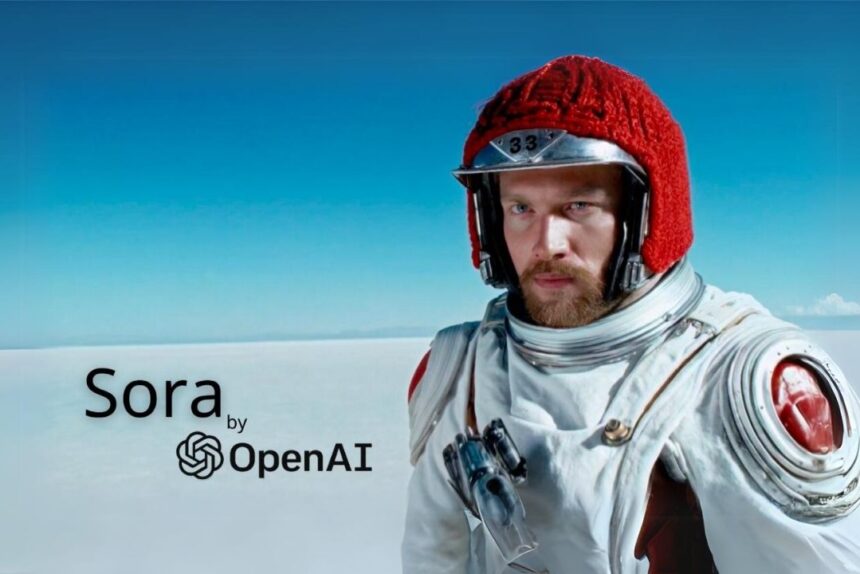OpenAI's Sora, a new text-to-video tool, has alarmed one AI expert

19.02.2024
The emergence of Sora, a generative AI tool developed by OpenAI, raises concerns about the potential acceleration of deepfake video creation and its implications for various industries. The tool takes written prompts and converts them into original videos, boasting the ability to create sophisticated 60-second-long videos with detailed scenes, complex camera motion, and multiple characters displaying vibrant emotions.
As of now, Sora is not publicly available, with OpenAI restricting its use to “red teamers” and selected individuals in the creative fields to gather feedback before a wider release. OpenAI has also expressed the intention to have safety experts evaluate the tool to understand potential risks related to misinformation and the creation of harmful content.
AI expert Oren Etzioni, expresses concerns about the rapid evolution of generative AI tools and their impact on democracy, particularly during crucial events like elections. He emphasizes the need for checks and balances to prevent the misuse of such technology. Etzioni believes that Sora or similar technologies will likely be released to the public in the coming months.
Dr. Andrew Newell, Chief Scientific Officer for identity verification firm iProov, warns that Sora could make it easier for malicious actors to create high-quality video deepfakes, posing a threat to individuals, including ordinary citizens and celebrities. He suggests that organizations, especially those relying on video authentication security measures like banks, may need to develop their own AI-based tools to protect against potential threats.
The tool’s impact is expected to be felt most strongly in content creation industries such as filmmaking, media, and advertising. It could potentially disrupt professions like voice acting and short video creation for various purposes. Reece Hayden, a senior analyst at ABI Research, notes that Sora’s capabilities could be a game changer for marketing and creative professionals, leading to significant cost savings for film and television makers by enabling the proliferation of AI-generated content instead of using human actors.
Additionally, Sora’s user-friendly interface might enable individuals, even those without artistic abilities, to create visual content, fostering the development of choose-your-own-adventure-style media. The potential for major players like Netflix to allow end users to create their own content based on prompts is also mentioned as a possibility.
The overall consensus is that the rapid advancement of generative AI tools like Sora necessitates careful consideration of ethical and safety implications, as well as the development of appropriate safeguards and regulations.